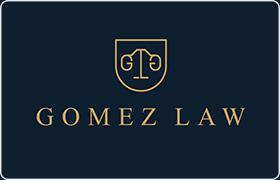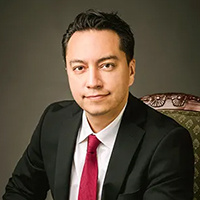Parker Dam Estate Planning Lawyer, California
Sponsored Law Firm
-
 x
x

Click For More Info:
-
Gomez Law, APC
3250 Wilshire Blvd Suite 1901 Los Angeles, CA 90010» view mapEstate Law Dedication. Compassion. Trust.
Whether you are looking to purchase a house or commercial property or in the process of probate, we are here to provide the legal support you need to help you move forward.
800-901-4291
Includes: Gift Taxation
Not enough matches for Parker Dam Estate Planning lawyer.
Below are all Parker Dam lawyers.
Robert Lincoln Hultzen
Real Estate, Estate, Criminal, Accident & Injury
Status: In Good Standing Licensed: 53 Years
J. Brian Campbell
Identity Theft, Felony, Traffic, Domestic Violence & Neglect
Status: In Good Standing
 Mark Gomez Los Angeles, CA
Mark Gomez Los Angeles, CA Practice AreasExpertise
Practice AreasExpertise
